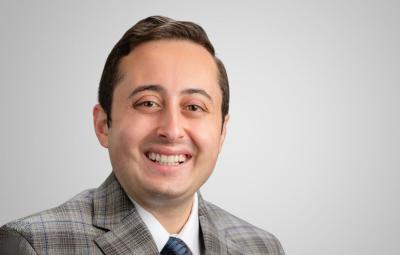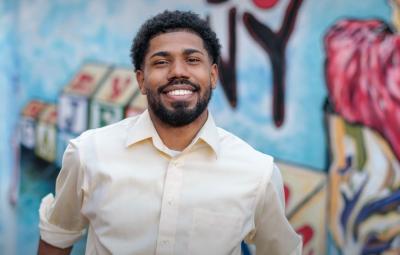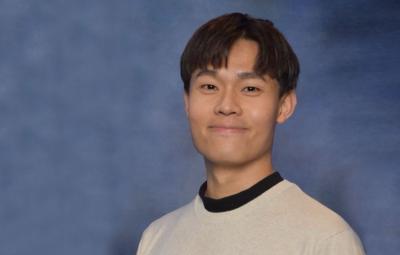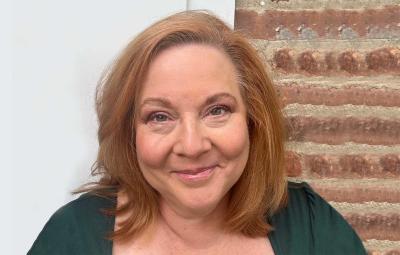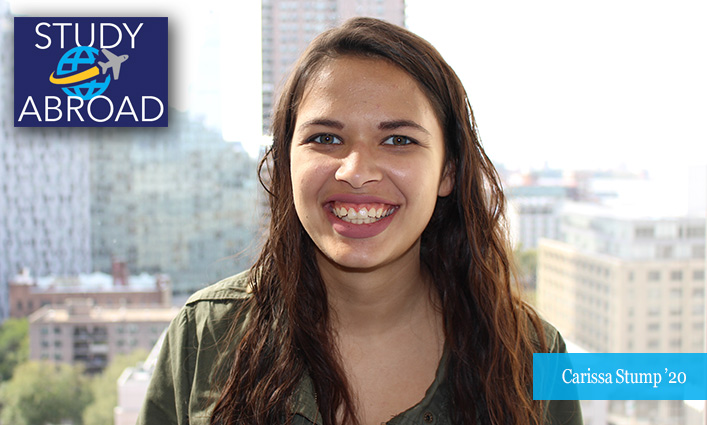
A study abroad experience can open up a world of possibilities and opportunities for John Jay students; they’re immersing themselves in different cultures, meeting new people, engaging in exciting experiences, and expanding their educational horizons. To gain an understanding of the enriching study abroad programs available through the College's Office of International Studies & Programs (OISP), we’re talking with students and doing a series of stories about their study abroad experiences, courses, and memorable moments. Each of their journeys was unique, but they all learned about themselves. Our next study-abroad student is Carissa Stump ’20, a student in the Honors Program and Forensic Psychology major, whose experience studying abroad in Sweden has fortified her desire to get her doctorate in psychology and law and work with individuals in the criminal justice system.
Tell us a little bit about yourself. Where did you grow up?
I grew up in Long Island, New York. I come from a really big family because my parents are divorced. I have one full sister, two half siblings, and a bunch of step siblings. I’m really close to all my siblings and to my cousins too.
“John Jay has taught me that that there are many ways in which I can reach out to my community and help improve the lives of those around me.” —Carissa Stump
What was it about John Jay that made you want to come here?
I’ve always wanted to come to John Jay and I thought that I would become an FBI profiler like you see on television. I’ve since realized that that’s not a real thing but I’m glad that I came to John Jay. My time here has strengthened my desire to do my part in bettering the world and before I came to the College, I thought that law enforcement was the only way that I could do that. John Jay has taught me that there are many ways in which I can reach out to my community and help improve the lives of those around me.

How did you learn about the study abroad programs?
The first time I heard about study abroad was during my freshman year of the Honors Program. Kenneth Yanes, Department Director of OISP, came to my class and spoke about the option to spend a semester abroad. It was something that I always wanted to experience but didn’t have the chance to do until the spring 2019 semester. When I heard that Sweden was one of the countries we could study abroad at, I knew I had to go. There’s a lot of psychology research done in Sweden and they are one of only a few countries that study forensic psychology. I knew that this study abroad experience would be a great opportunity to learn more about psychology, which fits perfectly with my major and what I want to do in the future.
What was the most important lesson you learned from your time in Sweden?
I think to just be open to looking at the world differently. I was living in a dorm with Swedish people my own age and learning about their lives; things are completely different from how we live here in America. They are very trusting and believe that the people around them always have their best intentions at heart. For example, I saw that they were okay with leaving their foods and drinks unattended, because they trusted that no one would do anything to it. We can’t do that here. But they have a society that has learned to put trust in their community and believe that if the person next to you knows that you trust them, they will be less likely to cause you harm.
My experience in Sweden also showed me that you have to listen and form a conversation with people in order to better understand their point of view and experiences. I would talk to people in my dorm about issues we are having here the United States, like equality between men and women, and from their responses, they didn’t seem to view them in the same way. They told me that women and men are considered equal in job hiring, and that they never have to worry about whether they would be discriminated against when they go to an interview as a woman. When you have a baby, there’s state-sponsored preschool for all children beginning at 18 months, as well fully funded maternity leave up until that time. However if parents want to take the entire 18 months off the father has to stay home for at least six of them. It was good to see how another country views similar issues to the ones we have here.
“My experience in Sweden showed me that you have to listen and form a conversation with people in order to better understand their point of view and experiences.” —Carissa Stump
How has this experience shaped what you want to do in the future?
In the future I want to get my doctorate in psychology and law. During my time in Sweden, I was able to do some fieldwork in jails and alternatives to jails. I was actually able to meet with a former terrorist who is now using his experience to help rehabilitate other criminal justice-involved individuals. It was an incredible experience and was an opportunity that I would have never had outside of Sweden, because of the bias that comes with that label. But 10 minutes in the mind of someone who has this sort of label can really change the way you view the world and how you view people.
I was so inspired by my experience in Sweden that I wanted to learn more about reintegration and jail programming. And this past summer, I worked at a jail on Rikers Island. I went into the jail and talked to young adults about the issues that were bothering them and what we could do to help. My goal was to help strengthen the relationships between criminal justice-involved individuals, officers, and prison leadership, and make sure that the individuals are getting what they need to be successful upon reentry.
What was the most exciting thing you experienced in Sweden?
Looking back, one of the most exciting things was meeting Greta Thunberg, and this was before she became a sensation here. She would sit in front of Parliament every Friday to protest. I remember walking past her and seeing her determination to have her voice heard. Out of everything I experienced, I think the most memorable moments came from being able to interact with the people at the dorm. We would go out together in this big group and attend parties. There would even be times when a group of about 20 of us would hang out in our kitchen cooking, playing games, and just getting to know each other. On one of my last days there, it was nice to be able to look back and reminisce about moments that happened a few months earlier.

If you could give another student advice about studying abroad, what would it be?
Take advantage of the opportunity and make sure that you are in a program that you like. Studying abroad is a great chance to go to a new place and experience a new culture. But it’s also a time to learn more about a topic you are interested in. When I decided to go to Sweden, I did so knowing that the courses I was going to be taking would fit in with my major here at John Jay, and that the fieldwork I did went well with what I wanted to do in my future. I had a couple of days to travel, and it was nice being able to explore outside of Sweden, but my main focus was getting a different perspective on the study of psychology.
“I’ve learned to see everyday people differently because of my experience in Sweden.” —Carissa Stump
In an ideal world, 10 years from now, where do you see yourself?
I hope to have completed a doctorate in psychology and law. I want to make a change in the world, whether that is through research, academic work, nonprofit work, or in jails, I just want to make a difference. The psychology courses I took while studying abroad taught me so many things. I was able to do fieldwork in a prison and interact with people that I never thought I would speak to. I’ve learned to see everyday people differently because of my experience in Sweden. And that’s something you don’t get in every field. So, while I’m not sure where I’ll be working, I know that I want to be able to conduct research on how to better the criminal justice system. And I want to do everything I can to ensure that innocent and rehabilitated individuals are released from prisons.
